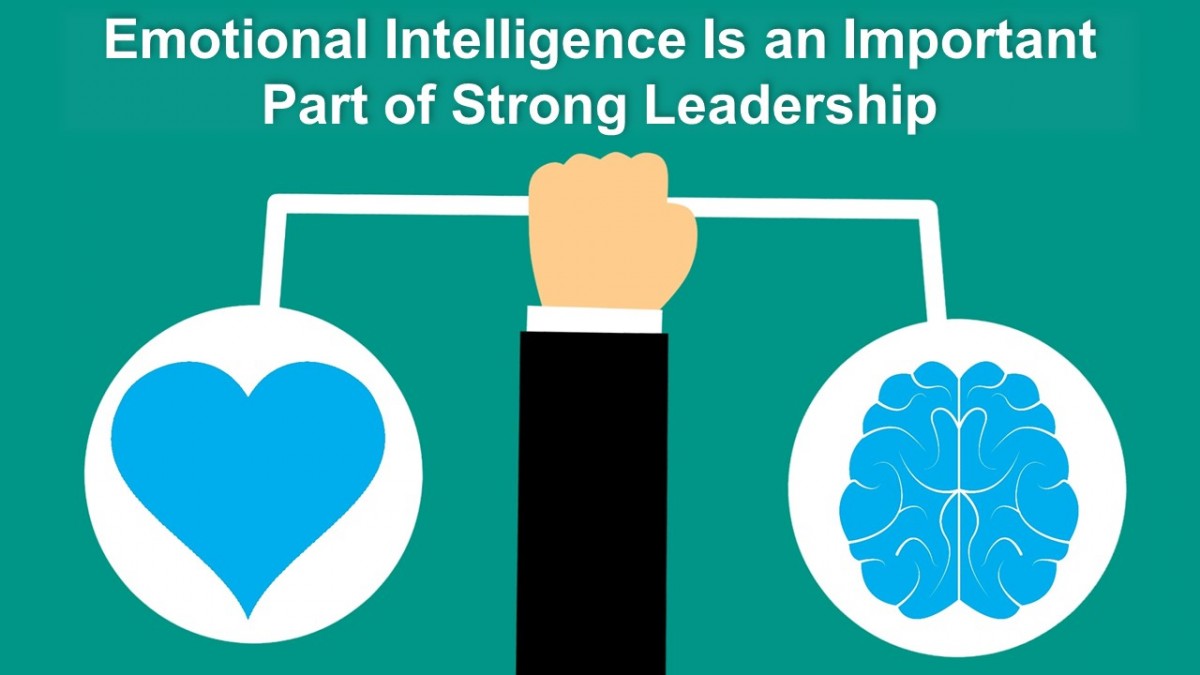Mastering Emotions: Key to Leadership Success
Emotional intelligence is a crucial component of effective leadership. It involves the ability to recognize, understand, and manage both your own emotions and the emotions of others. Mastering emotions is key to leadership success because it allows leaders to build strong relationships, make sound decisions, and inspire their teams to achieve greatness.
Leaders who have mastered their emotions are able to remain calm and composed in high-pressure situations. They are able to think rationally and make decisions based on logic rather than letting their emotions cloud their judgment. This level of emotional intelligence allows leaders to navigate challenges effectively and lead their teams through any obstacles that may arise.
In addition, mastering emotions allows leaders to build strong relationships with their team members. By understanding their own emotions and being able to empathize with others, leaders can create a positive and supportive work environment. This leads to increased morale, productivity, and overall job satisfaction among team members.
Furthermore, leaders who have mastered their emotions are able to inspire and motivate their teams to achieve greatness. By displaying confidence, optimism, and resilience, leaders can instill a sense of trust and loyalty among their team members. This creates a sense of camaraderie and unity, driving the team towards a common goal.

Image Source: businessleadershiptoday.com
One of the key components of mastering emotions is self-awareness. Leaders who are self-aware are able to recognize their own strengths, weaknesses, and emotional triggers. This allows them to manage their emotions effectively and prevent any negative emotions from impacting their leadership abilities.
Another important aspect of mastering emotions is empathy. Leaders who are empathetic are able to understand and relate to the emotions of others. This allows them to provide support, guidance, and encouragement to their team members when needed. By showing empathy, leaders can build trust and rapport with their team, leading to increased collaboration and productivity.
In conclusion, mastering emotions is a key element of effective leadership. Leaders who are able to recognize, understand, and manage their emotions are better equipped to navigate challenges, build strong relationships, and inspire their teams to achieve greatness. By developing emotional intelligence, leaders can become more effective and influential in their roles, ultimately leading to greater success for themselves and their teams.
Harnessing Emotional Intelligence for Effective Leadership
Emotional intelligence has become a buzzword in the world of leadership, and for good reason. It plays a crucial role in the success of leaders and their ability to effectively lead their teams. But what exactly is emotional intelligence, and how can it be harnessed for effective leadership?
Emotional intelligence, often referred to as EQ, is the ability to recognize, understand, and manage our own emotions, as well as the emotions of others. It involves being aware of our own feelings and how they impact our thoughts and behaviors, as well as being able to empathize and connect with the emotions of those around us. In the context of leadership, emotional intelligence is key to building strong relationships, fostering a positive work environment, and making sound decisions.
One of the key components of emotional intelligence is self-awareness. Leaders who possess high levels of self-awareness are able to recognize their own strengths and weaknesses, as well as how their emotions can influence their decision-making. By understanding their own emotions, they are better equipped to regulate them and respond to challenging situations in a calm and rational manner.
Another important aspect of emotional intelligence is empathy. Leaders who are empathetic are able to understand and connect with the emotions of their team members, which helps to build trust and foster a sense of belonging within the team. Empathetic leaders are also more likely to consider the feelings and perspectives of others when making decisions, leading to more inclusive and effective leadership.
In addition to self-awareness and empathy, emotional intelligence also involves self-regulation and social skills. Leaders who are able to regulate their emotions are better equipped to handle stress and conflict, and are less likely to react impulsively in challenging situations. They are also able to communicate effectively, resolve conflicts, and build strong relationships with their team members.
So, how can leaders harness their emotional intelligence for effective leadership? One way is by practicing self-reflection and mindfulness. Taking the time to reflect on their own emotions and reactions, as well as practicing mindfulness techniques such as deep breathing and meditation, can help leaders become more self-aware and better able to regulate their emotions.
Leaders can also work on developing their empathy and social skills by actively listening to their team members, showing empathy and understanding towards their concerns, and building strong relationships based on trust and respect. By developing these skills, leaders can create a positive and supportive work environment where team members feel valued and motivated to perform at their best.
In conclusion, emotional intelligence plays a crucial role in effective leadership. By mastering their emotions, understanding the emotions of others, and developing strong relationships based on trust and empathy, leaders can create a positive work environment where team members feel supported and motivated to achieve their goals. Harnessing emotional intelligence is not only key to leadership success, but also essential for building a strong and cohesive team.
The Importance of Emotional Intelligence in Leadership